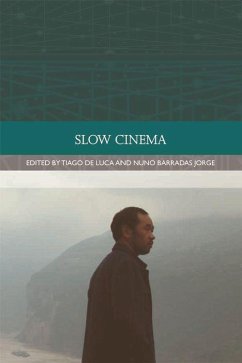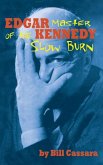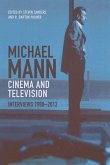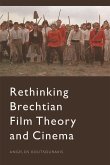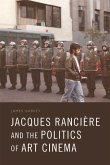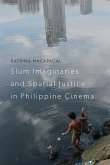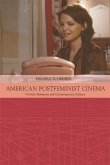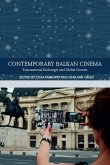'The loose, international movement known as contemporary slow cinema is both the most hotly discussed and the least popularly seen and understood body of feature films. This brilliant, extensive collection reveals the forerunners and current masters, the complex politics and contexts, the intricate forms and pleasures of an exciting trend.' Adrian Martin, Monash University In the context of a frantic world that celebrates instantaneity and speed, a number of cinemas steeped in contemplation, silence and duration have garnered significant critical attention in recent years, thus resonating with a larger sociocultural movement, which aims to rescue extended temporal structures from the accelerated tempo of late-capitalism. Although not part of a structured film movement, directors such as Carlos Reygadas, Tsai Ming-liang, Béla Tarr, Pedro Costa and Kelly Reichardt have been largely subsumed under the term 'slow cinema'. But what exactly is slow cinema? Is it a strictly recent phenomenon or an overarching cinematic tradition? And how exactly do slow cinemas interrelate on an aesthetic, technical and political level? Deploying the concept of slowness as an umbrella category under which filmmakers and traditions from different historical and geographical backgrounds can fruitfully converge, this innovative collection of essays interrogates and expands the frameworks that have generally informed slow cinema debates. Repositioning the term in a broader theoretical space, the book combines an array of fine-grained studies that provide valuable insight into the notion of slowness in the cinema, while mapping out past and contemporary slow films across the globe. Tiago de Luca is Lecturer in Film Studies at the University of Liverpool. Nuno Barradas Jorge is a PhD candidate in the Department of Culture, Film and Media at the University of Nottingham. Cover image: Still Life, 2006, Dir. Zhangke Jia (c) Xstream Pictures Cover design: [EUP logo] www.euppublishing.com
Hinweis: Dieser Artikel kann nur an eine deutsche Lieferadresse ausgeliefert werden.
Hinweis: Dieser Artikel kann nur an eine deutsche Lieferadresse ausgeliefert werden.

